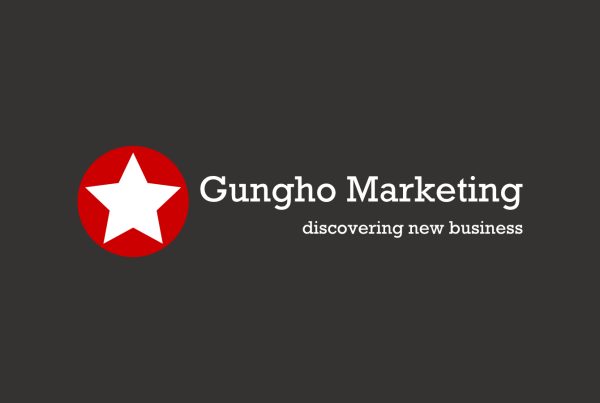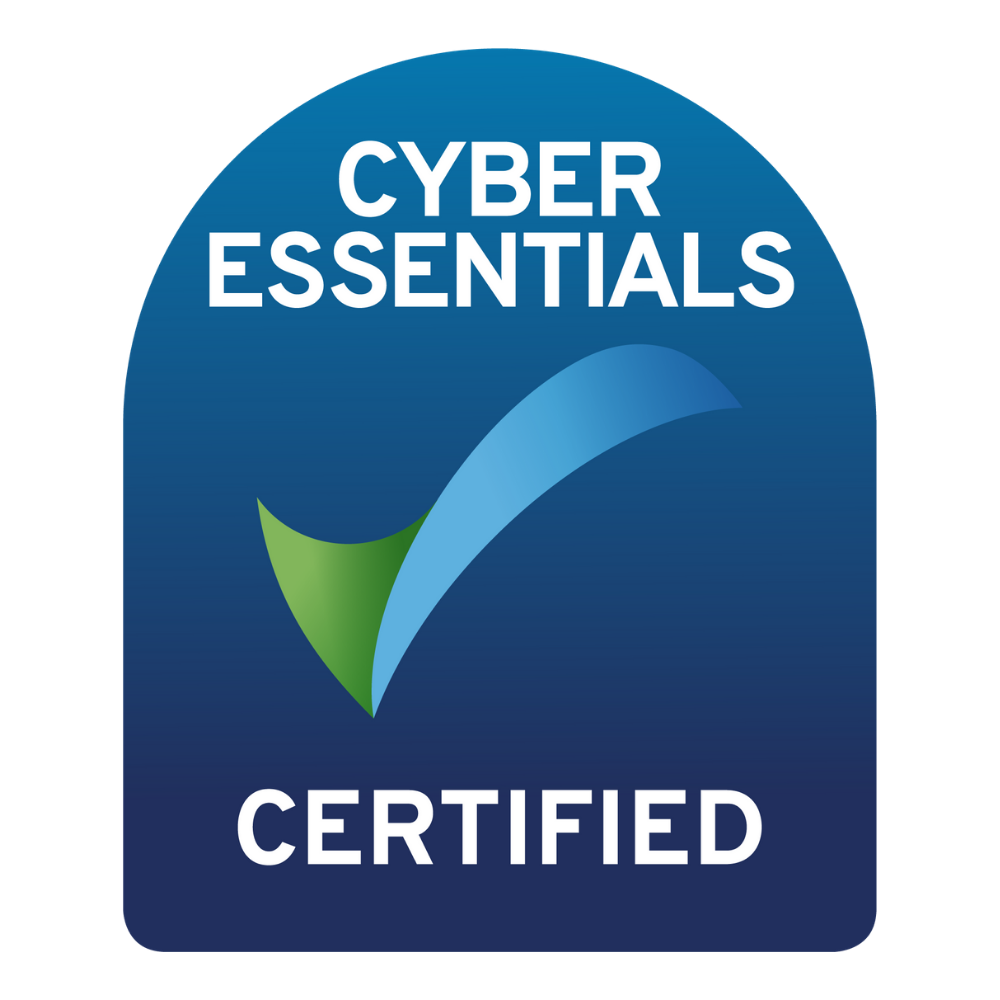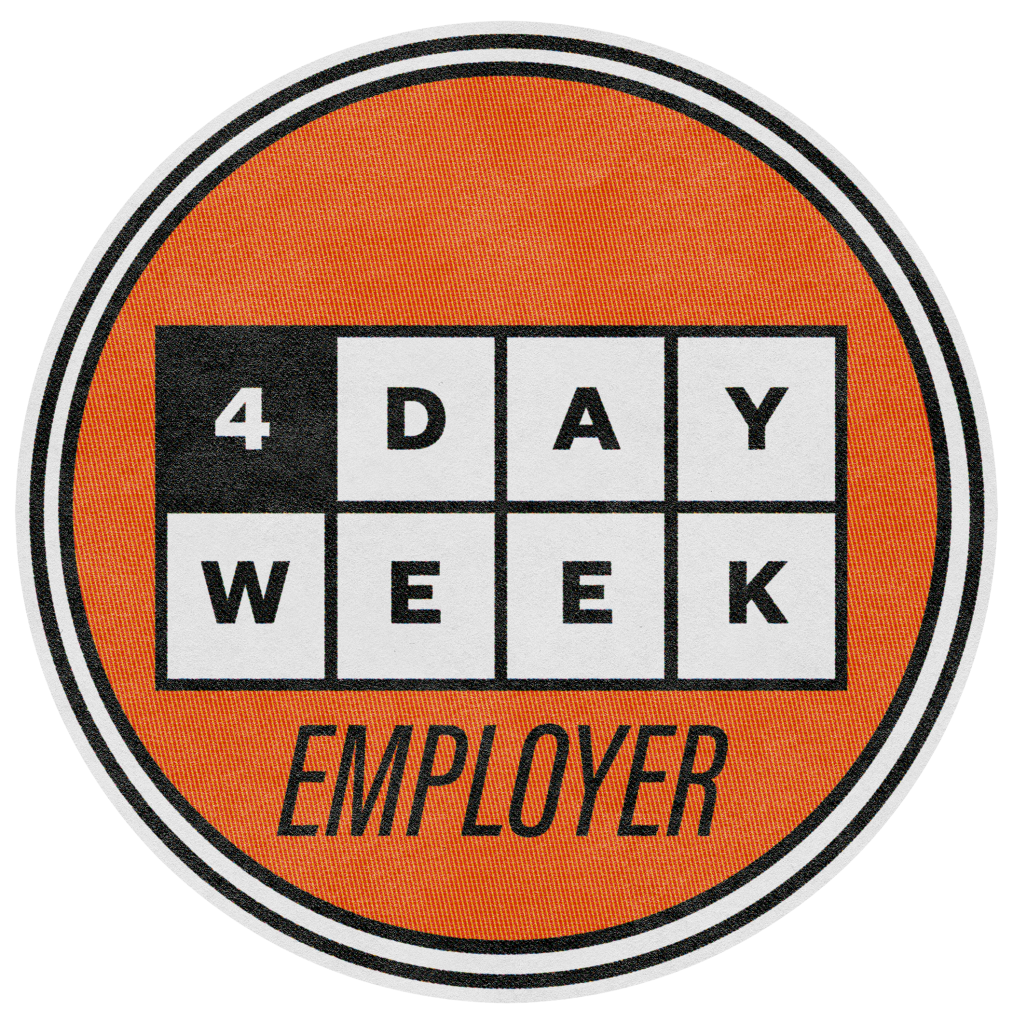
You’ve probably experienced it yourself, that pushy sales call right when you’re in the middle of something important. Within seconds you regret answering the phone and the interaction leaves you aggravated at best, at worst, vowing never to use the company who contacted you. The call is normally uncomfortable and extremely cringe-worthy because the sales person knows they have limited time and desperately pitches before you inevitably tell them no. Also, you’re just a name on a very long list of prospects that are normally cold and unqualified.
It doesn’t need to be this way! A sales call is meant to help you by providing the promise of a solution to a painful problem. That’s where sales people go wrong. They think the purpose of a sales call is to get you to agree to a buy something from them. In reality, that initial call is miles away from the closing part. It’s like expecting to eat a three course meal before you’ve even got your ingredients out of the fridge. Of course you’re going to be left hungry.
So if you don’t like to be on the receiving end of this type of call, avoid it when you’re making your own sales calls. Here’s how:
Easy does it
The purpose of a cold call is to make a gentle introduction. It’s about establishing a connection. Once you’ve built rapport, you have earned the right to ask a few (not too many) interesting questions. Without rapport, it will be hard to get the prospect to engage with you. Lots of sales people ignore the rapport building piece, and go straight into a pitch, they talk facts at the prospect and it feels like a barrage of detail far too early. Prospects don’t want to hear about your facts on a sales call. They want to find out the facts only WHEN and IF they are interested.
Small is beautiful
We’re not saying you shouldn’t pitch, after all, you’re not calling the prospect just to pass the time of day, but your pitch should be small. Teeny tiny in fact. The psychology of a sales call is complicated. The way we see it is, after you’ve built rapport, you should give away just enough to let the prospect know what your company does, to give you credibility and to share the reason for your call. Once you’ve done this, avoid (at all costs) trying to sell the product. It comes across as too pushy and way too cheesy.
Killer questions
Instead of selling your product, ask 2 or 3 killer questions that invite the prospect to share detail and allow you to find out about that all-important pain which you can help solve. Questions should be always open – starting with a what, where, how, when, who? If you’ve built the rapport, and asked the right style of question, the conversation should start to flow.
Listen well
Remember when your mum told you that you have two ears and one mouth for a reason? Well she was right. Listen very carefully to the answers, and again, (we can’t stress this enough), try to avoid selling. Ask a follow up open question if needed and only when it feels right go for a close, ask for the appointment. It’s at the appointment, when you understand more about your client’s needs, that you can start selling.
Still unsure? Ok, maybe we’ll be able to help. We’re here to have a chat about what we do and how we do it. You can even test us out to see if we follow our own advice! Just pop an email through to info@gunghomarketing.org.uk or call +44 (0) 203 326 8150








